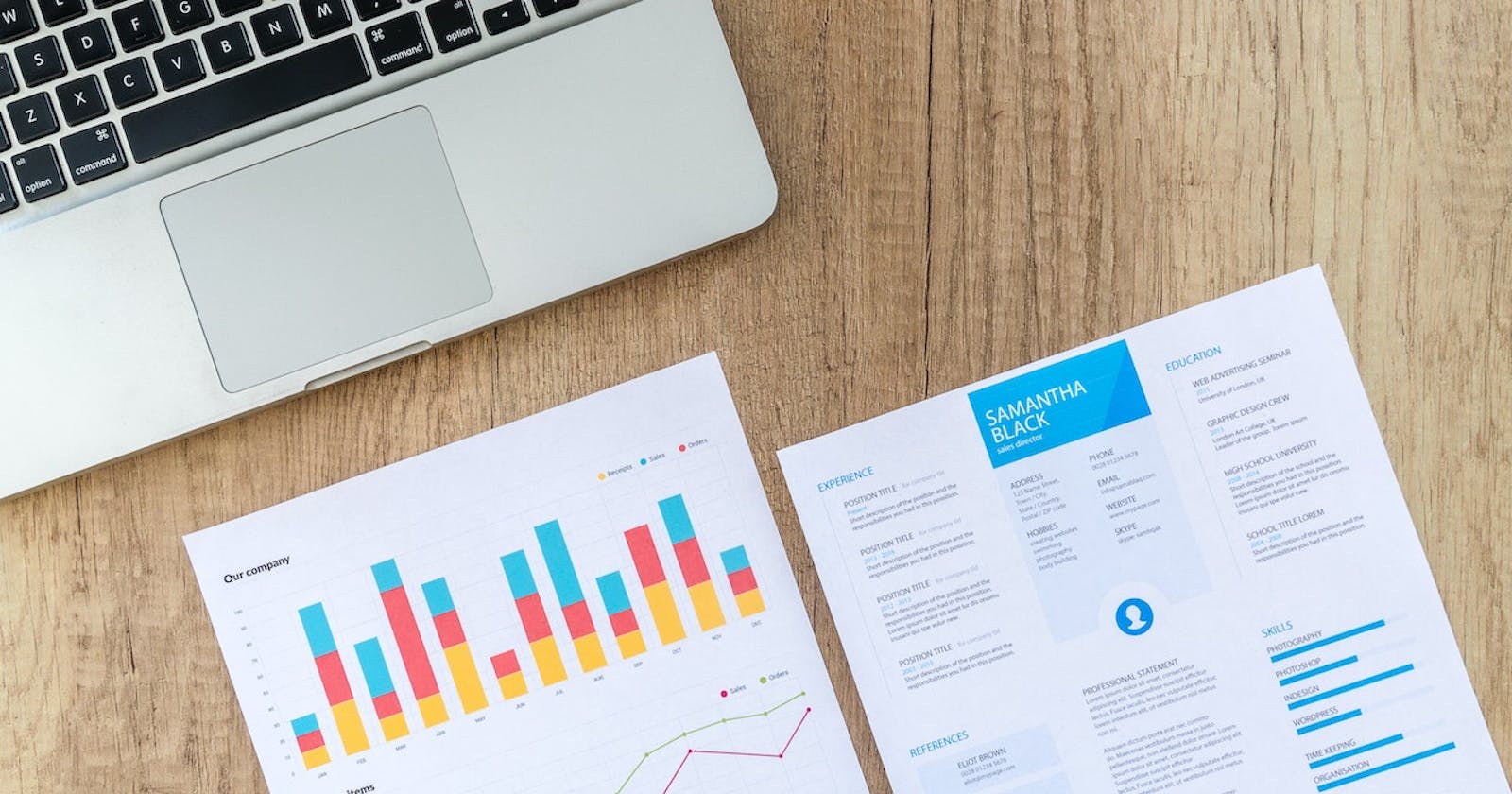Hey guys, It's Akash Pugal from India. I'm currently pursuing my under-grad degree in Computer Science and Engineering.Since I started my college days I loved the process of making a website and I'm completely attracted to WEB DEV domain for a long period.
But now the world has changed in many directions since the COVID started.And in these days I hear a lot about DATA SCIENCE and DATA ANALYTICS carrers.After many of my friend's suggestions to take a course on DATA SCIENCE, I decided to give it a try.
Today is DAY 1 on my journey towards DATA SCIENCE.After many of my friend's suggestion's and advice, I made a roadmap for learning DATA ANALYSIS in a week.
ROADMAP:
DAY 1-Introduction to data analysis and Python libraries.
DAY 2-NUMPY
DAY 3-PANDAS(Series)
DAY 4-PANDAS(DataFrame)
DAY 5-ALTERING AND DELETING DATA
DAY 6-WORKING WITH FILES(CSV,SQL,HTML,XLSX)
DAY 7-DATA CLEANING
DAY(1)-INTRO TO DATA ANALYSIS
Data analysis :
So let's begin with the question of what is data analysis? The proper definition is "the process of inspecting, cleaning, transforming and modeling data to discover useful information, informing conclusion and supporting decision making is known as Data analysis."
Now for this data analysis process, we can use two methods. The first method is analyzing data using software tools such as TABLEAU, LOOKER, POWER BI,etc. And another method is analyzing the data using any programming language like PYTHON, JULIA,R, etc.
Both of these methods have their own pros and cons. Some of them are,
| TOOLS | LANGUAGE |
| Easy to learn | Difficult to learn |
| Closed-source | Open-source |
| Expensive | Free |
| Limited | Powerful |
Even though there are many languages available for data analysis I will be using Python in this tutorial, since its very versatile and easy to learn in a short period.
PYTHON LIBRARIES:
There are various libraries available for Data analysis in Python. But it's not necessary to learn every library I'm going to use the most popular and very easy-to-learn libraries and they are:
Numpy
Pandas
And without installing python and its libraries on our machine we can use an online code editor like Google collab, since it has all the necessary features like code history.
So in DAY 2 tutorial, we'll see what is Numpy and How to use Numpy.
